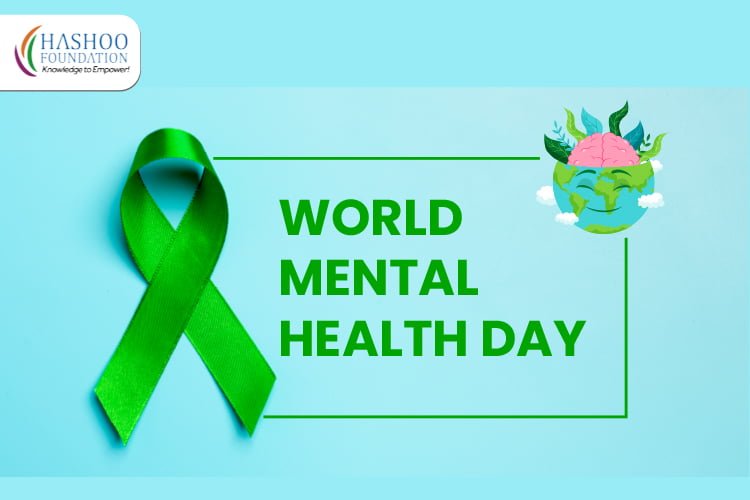 Mental health is an integral part of our general health and well-being. Good mental health means a person is better able to connect, function, cope, and thrive.
Mental health is an integral part of our general health and well-being. Good mental health means a person is better able to connect, function, cope, and thrive.
The role of mental health in acquiring global development goals has become more ++necessary over the past few years. The Pandemic, civilian conflicts and climate crisis have taken their toll on human mental health during this period. The Covid-19 pandemic has triggered a global mental health crisis due to shortage of fuel, food insecurity, and long-term stress. WHO estimates to more than 25% rise in anxiety and depressive disorder during the first year of the pandemic. The condition is exacerbated by the widened gap created in treating mental health conditions that often require services and support extending beyond clinical treatment.
Mental health risks and protective factors can be found in society at different scales. Local threats (financial, employment, socioeconomic status) heighten the risk for individuals, families, and communities. In contrast, global threats (Climate Change) heighten the risk for whole populations and slow progress towards improved health and well-being worldwide. In this context, key threats today include economic downturns and social polarization, public health emergencies, widespread humanitarian emergencies and forced displacement, and the growing climate crisis.
The ever-increasing rate of suicide is another area of concern. Globally, there may be 20 suicide attempts to every one death, and yet suicide accounts for more than one in every 100 deaths and has become the leading cause of death among young people (World Mental Health Report). Suicide affects people from all countries and contexts at all age groups.
Around the world, people with mental health conditions are frequently excluded from the community and denied basic rights. Poor mental health puts a brake on progress by decreasing productivity and compounding cycles of poverty. On the other hand, people with sound mental and physical health are supportive of the natural environment and can work well, learn, and contribute to the betterment of their country. Beyond the mental health workforce, each of us needs to strengthen our skills and competencies in understanding and to look after our mental health.
Natural disasters like floods significantly impact the overall working of a society. Flood affects people of all ages, and they are more likely to have anxiety, depression, and stress disorder. The current flooding in Pakistan has posed substantial social and mental problems that may continue for an extended period. It has challenged the psychosocial resilience of the hardiest of the people who are affected.
World Mental Health Day is marked every year on the 10th of October to create awareness about mental health around the globe. It is an opportunity for all the stakeholders to re-kindle efforts to mobilize efforts to protect and improve mental health. This will be an opportunity for people with mental health conditions, advocates, governments, employers, employees, and other stakeholders to come together to recognize progress in this field and to be vocal about what we need to do to ensure mental health & well-being becomes a Global Priority for all.